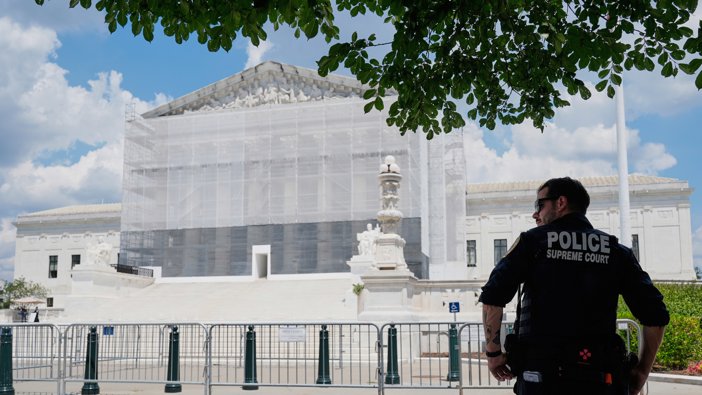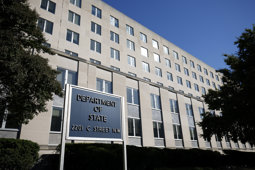
Supreme Court Blocks Florida Immigration Law Enforcement
Supreme Court rejects Florida’s emergency request to enforce law criminalizing undocumented migrants’ entry.
Supreme Court Halts Controversial State Immigration Measure
The U.S. Supreme Court on Wednesday declined Florida’s emergency request to allow immediate enforcement of Senate Bill 4C, a state law that would make it a crime for undocumented migrants—specifically those previously deported or denied entry—to re-enter Florida. The high court’s decision, delivered without a written opinion or noted dissent, leaves in place a lower court’s preliminary injunction and maintains a pause on the law’s implementation.
Florida’s Senate Bill 4C, at the center of the dispute, would classify re-entry into the state as a felony for individuals with prior deportations or denied entries, regardless of whether they later obtained lawful status. Those accused would face jail without bond until their cases are heard in court.
Attorney General James Uthmeier spearheaded the state’s appeal, warning that absent Supreme Court intervention, Florida and its residents would be left “disabled from combatting the serious harms of illegal immigration for years as this litigation proceeds.” Eighteen other states supported Florida’s position, filing an amicus brief urging the justices to let the law take effect.
The American Civil Liberties Union (ACLU) led opposition to the measure, arguing that the law could undermine federal immigration enforcement and create a patchwork of state-level regulations. The Justice Department also weighed in, submitting a 33-page amicus brief for Florida to the U.S. Court of Appeals for the 11th Circuit, where Trump administration officials argued the law aligns with, rather than preempts, federal immigration statutes.
Legal and Political Implications
The 11th Circuit Court of Appeals had previously declined to pause the lower court’s injunction, clearing the way for Florida’s challenge to reach the Supreme Court. Despite the state’s supplemental motion—including the administration’s amicus brief—the justices ultimately declined to intervene, keeping the injunction in effect while the broader case proceeds.
Florida is not alone in attempting such legislation. According to the ACLU, at least six other states, including Texas, Iowa, and Oklahoma, have tried to enact similar measures in recent years, but all remain blocked by federal courts. The ongoing legal fights highlight the tensions between states seeking to control immigration at their borders and the federal government’s constitutional authority over immigration policy.
As litigation continues in lower courts, Wednesday’s Supreme Court decision ensures Florida’s law remains unenforceable for now, preserving federal primacy in immigration enforcement and maintaining nationwide uniformity as the debate over state authority continues.






